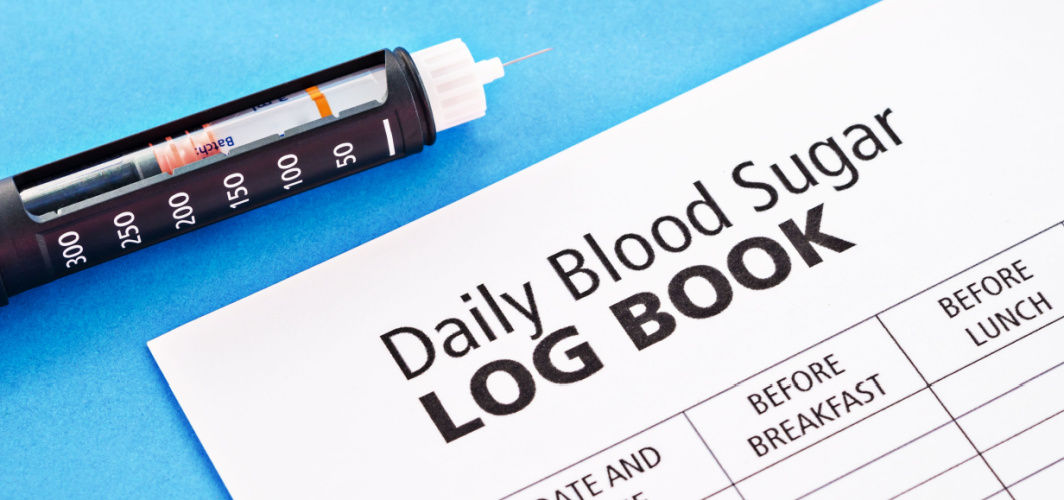Diabetes Management
Selecting the Right Injection Site for Insulin: A Guide
1 min read
By Apollo 24|7, Published on - 06 August 2024
Share this article
0
0 like
.jpg?tr=q-80)
When it comes to managing diabetes, every detail matters - including where and how you inject your insulin. Ensuring that insulin is delivered consistently and effectively is paramount for maintaining stable blood sugar levels. Let's delve into the factors that should be considered when selecting an injection site and why proper rotation is important.
Key Factors in Choosing Insulin Injection Sites
Insulin absorption speed varies from one part of the body to another. The abdomen is usually the preferred site as absorption is fastest here. However, other safe areas for insulin injections are the lateral thigh, back of the upper arms, and upper outer buttocks - where absorption is slower.
The Importance of Injection Site Rotation
Rotating your injection sites is vital to avoid lipohypertrophy - a condition where lumps form under the skin due to frequent injections in the same area.
Regular site rotation also ensures consistent insulin absorption. It's recommended to rotate sites daily in a systematic pattern and avoid reusing needles as much as possible.
Role of Doctors in Patient Education
Doctors play an instrumental role in helping patients understand the importance of proper injection technique and site rotation. They should guide patients through the injection process, provide clear visual aids showing recommended injection zones, regularly inspect injection sites, and emphasise that consistent site rotation is crucial for optimal insulin action.
To get a grip on managing diabetes effectively, consider joining a comprehensive programme like the Apollo Super 6. It is designed to guide individuals with type 2 diabetes through lifestyle changes, personalised support, expert consultations, and more.
While managing your diabetes journey might seem daunting at first, remember that you're not alone. With the right tools, support, and knowledge, you can lead an active and healthful life – all while keeping your diabetes under control.
Diabetes Management
Consult Top Diabetologists
View AllLeave Comment
Recommended for you

Diabetes Management
How Wellness Programmes Can Aid Diabetes Management
Workplaces can be game-changers in the fight against diabetes. With well-structured wellness programmes focusing on physical activity, healthy eating, and stress management, employees can effectively manage their condition. The journey toward holistic well-being starts at your workplace.

Diabetes Management
7 Reasons Why Blood Sugar Logging is Important in Diabetes?
Blood sugar logging is crucial for effective diabetes management, providing insights into glycemic control, aiding treatment adjustments, and preventing hypo- and hyperglycemia. It guides lifestyle changes, prevents long-term complications, and enables personalized management, offering a sense of control and peace of mind. Active monitoring empowers individuals to make informed decisions, reduce risks, and lead healthier lives with diabetes.
.jpg?tr=q-80)
Diabetes Management
A Diabetic-Friendly Snack Which You Can Easily Carry With You?
Managing diabetes doesn't mean you must forgo tasty snacks. There are numerous diabetic-friendly snacks available, full of flavour yet low in glycemic index. Healthy snacking can help regulate your blood sugar levels throughout the day. From nuts and seeds to fruits and smoothies, the list is long and diverse. The best snacks for diabetics are not only healthy but also easy to carry wherever you go. And remember, always consult your doctor before making any changes to your diet.
Subscribe
Sign up for our free Health Library Daily Newsletter
Get doctor-approved health tips, news, and more.
Visual Stories

8 Fruits That are Incredibly Healthy for Diabetes
Tap to continue exploring
Recommended for you

Diabetes Management
How Wellness Programmes Can Aid Diabetes Management
Workplaces can be game-changers in the fight against diabetes. With well-structured wellness programmes focusing on physical activity, healthy eating, and stress management, employees can effectively manage their condition. The journey toward holistic well-being starts at your workplace.

Diabetes Management
7 Reasons Why Blood Sugar Logging is Important in Diabetes?
Blood sugar logging is crucial for effective diabetes management, providing insights into glycemic control, aiding treatment adjustments, and preventing hypo- and hyperglycemia. It guides lifestyle changes, prevents long-term complications, and enables personalized management, offering a sense of control and peace of mind. Active monitoring empowers individuals to make informed decisions, reduce risks, and lead healthier lives with diabetes.
.jpg?tr=q-80)
Diabetes Management
A Diabetic-Friendly Snack Which You Can Easily Carry With You?
Managing diabetes doesn't mean you must forgo tasty snacks. There are numerous diabetic-friendly snacks available, full of flavour yet low in glycemic index. Healthy snacking can help regulate your blood sugar levels throughout the day. From nuts and seeds to fruits and smoothies, the list is long and diverse. The best snacks for diabetics are not only healthy but also easy to carry wherever you go. And remember, always consult your doctor before making any changes to your diet.

